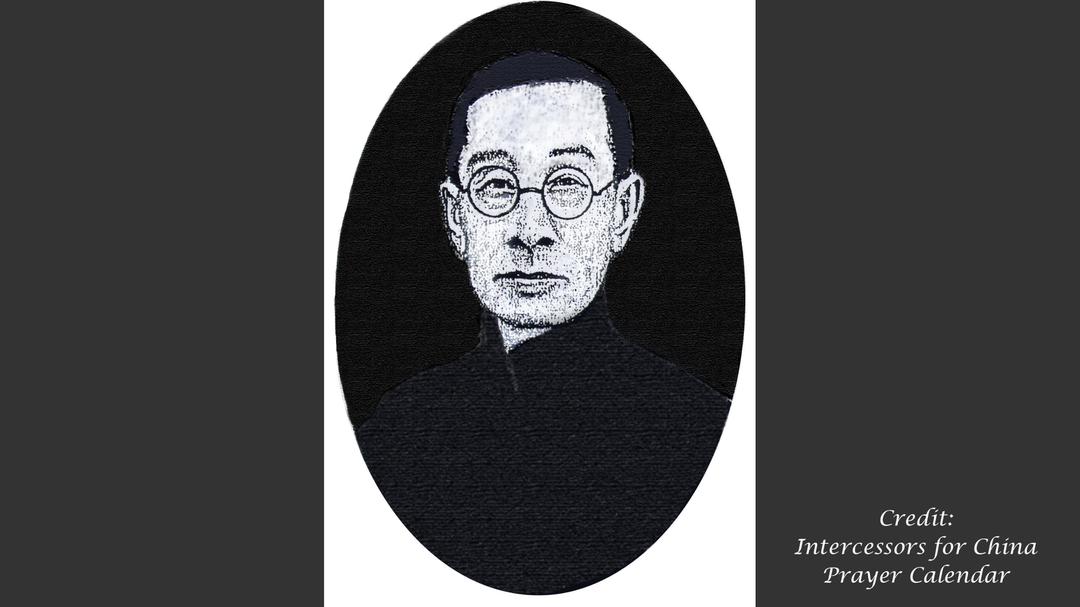

Ding Limei was born on October 2, 1871 in rural Shandong. The name given him by his Christian parents meant Established Beauty. He was educated at Presbyterian schools in Penglai (then Tengchow), 160 miles from his home. During the Boxer Uprising, the young pastor was arrested and beaten 5 times with 40 stripes during his 40 days in jail. He emerged with a determination to preach the gospel in every province in China and with a burden to reach China’s students in order to build an authentic Chinese church. He wrote, “Out of a hundred Chinese Churches we cannot count more than one or two self-supporting and governing…We are sorely grieved by this state of affairs, for as long as the Church of Christ in China is lying low, so will our compatriots continue to suffer…”
During his evangelistic ministry (1908-23), Pastor Ding served as Roving Secretary of the YMCA’s China Student Volunteers for Evangelism. His slogan was: “To preach the gospel throughout China even to the ends of the earth, within our generation”. Revivals in Shandong and Beijing saw thousands saved. In one five month period in 1917, he led 87 meetings and preached over 200 messages. By the end of that year, he fulfilled his vow to preach in all 18 provinces when he reached Yunnan as the leader of one of first teams of the Chinese Home Mission Society. His team spent 6 months there working among the Miao and had a time of encouraging fellowship with famed CIM missionary James O. Fraser.
In 1923, Pastor Ding’s ministry shifted from evangelism to theological education. He taught in Shandong for eight years at the newly established North China Theological Seminary, and then spent a short time pastoring a church in Manchuria. In 1932, he helped found the National Holiness Mission in Tianjin and served there as a dean and professor until his death. During one of Dr. John Sung’s revivals in Tianjin, Pastor Ding humbly became one of the first to come forward to confess sins and he took a leadership role in the follow up teams. He was ill the last two years of his life and devoted himself more intensely to prayer at this time. He kept prayer books with the names of those for whom he was praying, and at one time had 5000 names in his three prayer books. He went to be with the Lord on September 22, 1936, and his body was buried in Tianjin’s British Cemetery. He left a wife and two children.
The Asian Awakening. Timothy Tow, p. 234